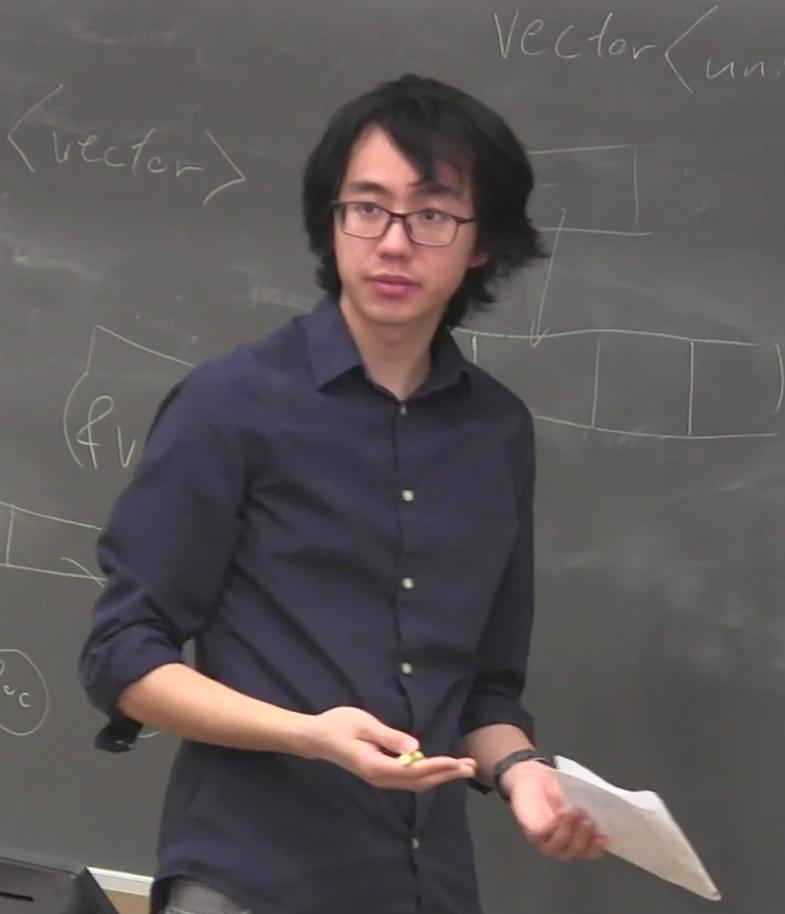Cited By
View all- Zhang LWang YWu JKoenig JShao Z(2024)Fully Composable and Adequate Verified Compilation with Direct Refinements between Open ModulesProceedings of the ACM on Programming Languages10.1145/36329148:POPL(2160-2190)Online publication date: 5-Jan-2024


